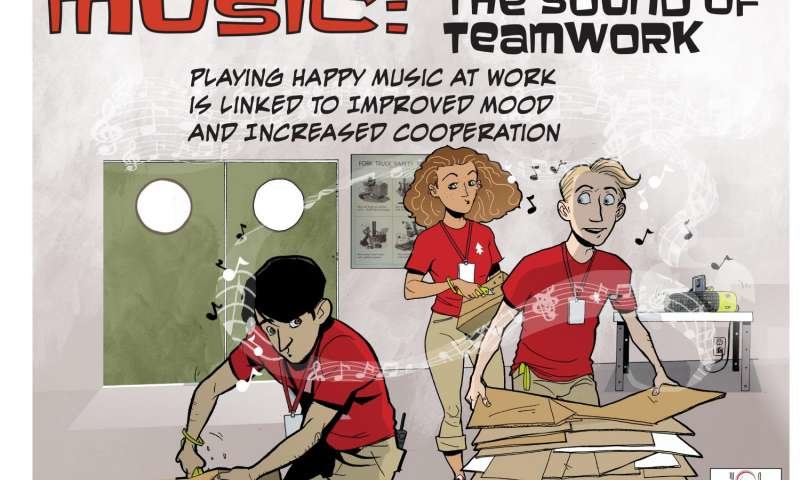Everyone is in favor of high self-esteem — but cultivating it can be surprisingly tough. Psychologist Guy Winch explains why — and describes smart ways we can help build ourselves up.
Many of us recognize the value of improving our feelings of self-worth. When our self-esteem is higher, we not only feel better about ourselves, we are more resilient as well. Brain scan studies demonstrate that when our self-esteem is higher, we are likely to experience common emotional wounds such as
rejection and
failure as less painful, and bounce back from them more quickly. When our self-esteem is higher, we are also
less vulnerable to anxiety; we
release less cortisol into our bloodstream when under stress, and it is
less likely to linger in our system.
But as wonderful as it is to have higher self-esteem, it turns out that improving it is no easy task. Despite the endless array of articles, programs and products promising to enhance our self-esteem, the reality is that many of them do not work and some are even
likely to make us feel worse.
Part of the problem is that our self-esteem is rather unstable to begin with, as it
can fluctuate daily, if not hourly. Further complicating matters, our self-esteem comprises both our global feelings about ourselves as well as
how we feel about ourselves in the specific domains of our lives (e.g., as a father, a nurse, an athlete, etc.). The more meaningful a specific domain of self-esteem, the greater the impact it has on our global self-esteem. Having someone wince when they taste the not-so-delicious dinner you prepared will hurt a chef's self-esteem much more than someone for whom cooking is not a significant aspect of their identity.
Lastly, having high self-esteem is indeed a good thing, but
only in moderation. Very high self-esteem — like that of narcissists — is often quite brittle. Such people might feel great about themselves much of the time but they also tend to be extremely vulnerable to criticism and negative feedback and respond to it in ways that
stunts their psychological self-growth.
That said, it is certainly
possible to improve our self-esteem if we go about it the right way. Here are five ways to nourish your self-esteem when it is low:

Comment: A thought-provoking experiment: What happens when children don't have the internet for a whole day?